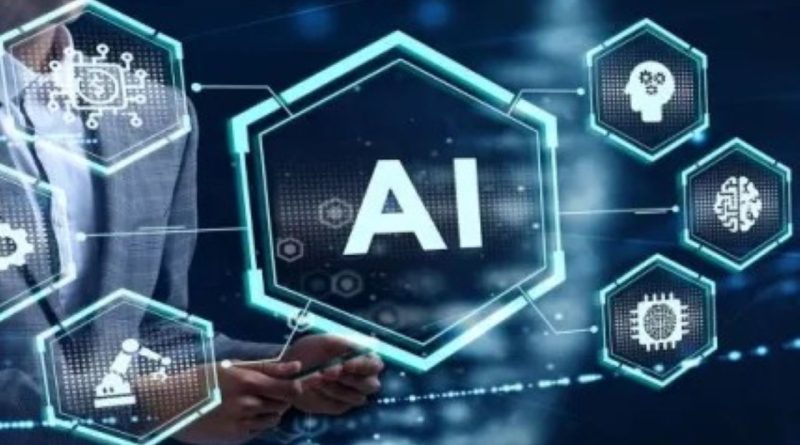‘Training Africa’s AI generation: Why skills, not silicon, will shape the future’
As the world enters a new era powered by Artificial Intelligence (AI), Abideen Yusuf, Microsoft Nigeria’s country manager, says Africa’s greatest opportunity lies not in technology infrastructure alone, but in building the skills to power it.
“Technology without skills is a hollow promise. To fully unlock AI’s potential, Africa must invest in its people as much as in its servers,” Yusuf said in a statement, made available to BusinessDay.
According to Yusuf, the continent stands at a critical juncture, one that could define its role in the global digital economy for the next three decades. While previous revolutions were driven by hardware, software, and connectivity, he believes the AI era will be shaped by human capacity and creativity.
The country manager recalled that the move from physical hardware to cloud computing marked one of the biggest turning points in technology history. “The shift to the cloud was not just about infrastructure; it was about access and scalability,” he said.
With improved broadband connectivity and the establishment of datacentres, Africa was able to leapfrog traditional IT constraints and democratise access to computing, even as Yusuf noted that Microsoft, played a pivotal role by being the first hyperscale cloud provider to launch an enterprise-grade datacentre region on the continent, alongside Edge Nodes in Nigeria and Kenya that improved network speed and accessibility.
“These investments laid the groundwork for Africa’s AI future. They ensured that computing power and data are no longer barriers but enablers for innovation,” Yusuf said.
Despite these advancements, Yusuf emphasized that the true test of Africa’s readiness for the AI age will be how well it develops its people. “It is not the silicon that will shape the future, but the skills that bring it to life,” he said.
Microsoft’s AI National Skilling Initiative (AINSI) and programmes such as the Microsoft Founders Hub, developed in partnership with NVIDIA’s Inception Programme, are already training a new generation of AI developers and innovators across Africa. These initiatives aim to equip young Africans, startups, and professionals with the technical and ethical knowledge required to create and deploy AI solutions responsibly.
“The next wave of global innovation will come from Africa if we continue to invest in talent. When people are skilled, they can turn access into opportunity,” Yusuf averred.
Across the continent, AI-driven startups are emerging in key sectors such as finance, logistics, marketing, and clean energy. Yusuf highlighted examples such as Wall-X and CoTrust Equity in financial services, Terragon in digital marketing, Trucki in logistics, and ICE Commercial Power in energy access, all using AI to solve local challenges and scale impact.
“The challenges Africans face, including financial inclusion, access to healthcare, quality education, and energy, are universal. The solutions we develop here can serve the world,” Yusuf said.
According to PwC’s Global Artificial Intelligence Study, AI could contribute over $1.2 trillion to Africa’s economy by 2030. Microsoft’s country manager believes that realizing this potential requires continuous investment in human capital, not just infrastructure.
For Yusuf, the next 30 years could mark Africa’s golden era if the continent seizes the moment. “Our youth population is one of the youngest and most dynamic in the world. If we equip them with AI skills, we can transform Africa from a consumer of technology to a global producer of AI solutions,” he said.
He added that Microsoft’s partnerships with startups, universities, and governments across Africa are part of a long-term commitment to ensure that innovation is locally driven and globally relevant. “The future of Africa’s AI revolution will not be written in code alone. It will be written in the creativity, resilience, and brilliance of its people,” Yusuf affirmed.

